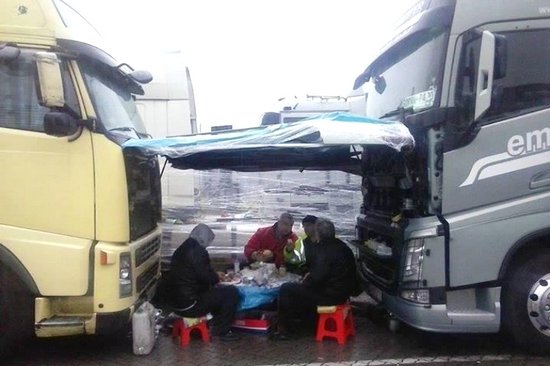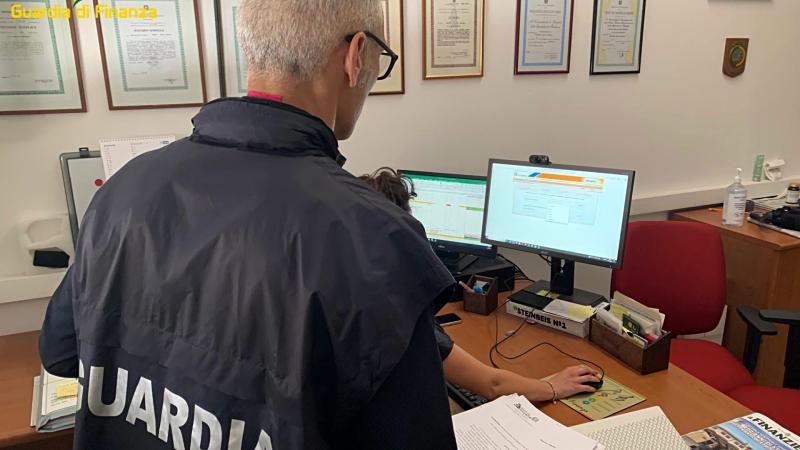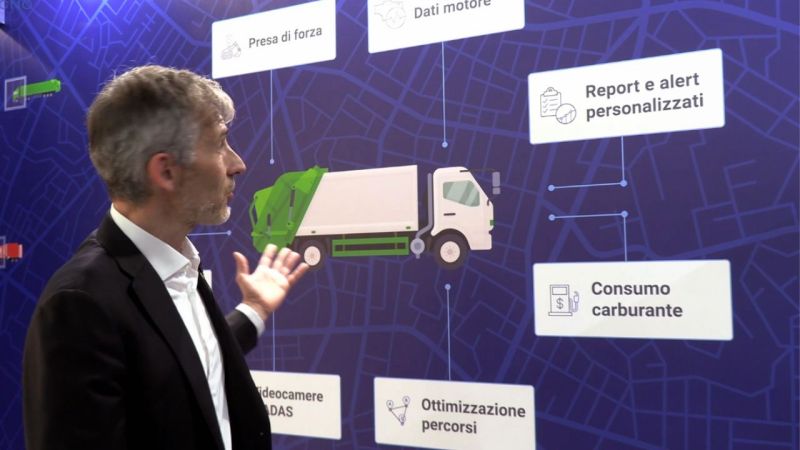Much attention has been given to the severe shortage of truck drivers worldwide, but the transportation sector also faces challenges due to a lack of train drivers. According to the latest reports from Confetra, Italy is short about three thousand train drivers, but the issue extends across Europe and is further exacerbated by numerous strikes. A striking example is the situation in the UK, where Thameslink, one of the busiest operators in the London area, had to arrange replacement buses due to numerous cancellations caused by a shortage of rail staff.
"We are deeply sorry for having to cancel some of our services. Unfortunately, we are facing a severe shortage of train staff. We understand that this is frustrating and apologize for any inconvenience caused," said a company spokesperson. The statement also specified that despite recent staffing increases, the company had to deal with an unforeseen overlap of holidays, illness, and training courses, which left many trains uncovered. Some unions have highlighted how the British rail system has long relied on train drivers working overtime, particularly on weekends, noting that this solution is no longer sustainable.
To prevent the issue from escalating, the British government has recently launched a campaign to recruit train drivers and reduce passenger and freight delays. According to the National Union of Railwaymen (Nur), one in five train drivers will retire within this decade, leaving thousands of positions unfilled. To avert a total shutdown of the network, the government lowered the minimum age for becoming a train driver in May this year, reducing it from 20 to 18 years. The measure aims to speed up generational turnover, given that training for train operators takes about a year and a half.
Rail efforts will now focus on major recruitment campaigns, also facilitated by a recent union agreement that ended more than two years of strikes and guarantees a 15% wage increase for rail staff over three years. South Western Railway, in particular, has launched a special training program aimed at women, who currently make up only 8% of the UK's railway workforce. The company is offering an 18-month training program for women, which includes 225 hours of practical lessons with an instructor as well as comprehensive theoretical training.
No prior experience in the sector is required to join the program, and upon completion, new drivers will receive mentoring to help them transition into the profession. Swr believes that by offering comprehensive training and mentoring, more women can be encouraged to enter this traditionally male-dominated profession. The company has also emphasized that new hires will have equal career advancement opportunities compared to their male colleagues. Additionally, a series of videos featuring female railway staff sharing their work experiences has been posted on social media, with the aim of inspiring more women to consider a career driving freight and passenger trains.
Marco Martinelli































































